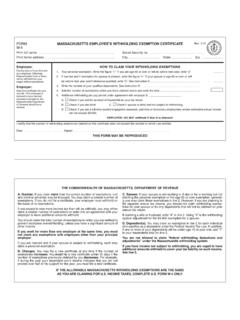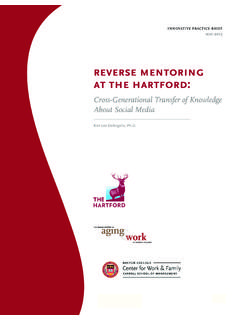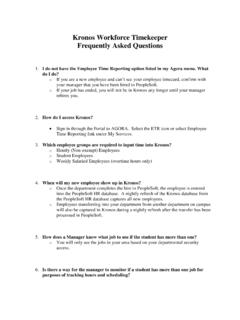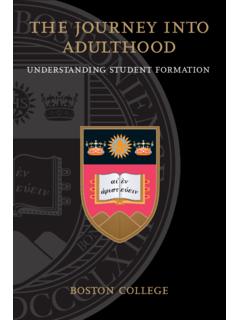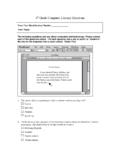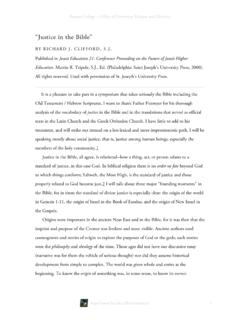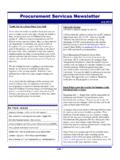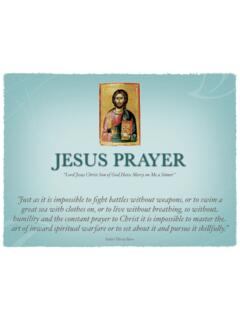Transcription of THE FIRST PRINCIPLE AND FOUNDATION - Boston College
1 THE FIRST PRINCIPLE AND FOUNDATION From the spiritual Exercises [23] of ignatius of Loyola A LITERAL TRANSLATION by Elder Mullan, SJ and edited by Rick Rossi, March 2015 God created human beings to praise, reverence, and serve God, and by doing this, to save their souls. God created all other things on the face of the earth to help fulfill this purpose. From this it follows that we are to use the things of this world only to the extent that they help us to this end, and we ought to rid ourselves of the things of this world to the extent that they get in the way of this end. For this it is necessary to make ourselves indifferent to all created things as much as we are able, so that we do not necessarily want health rather than sickness, riches rather than poverty, honor rather than dishonor, a long rather than a short life, and so in all the rest, so that we ultimately desire and choose only what is most conducive for us to the end for which God created us.
2 CONTEMPORARY VERSION by David Fleming, SJ The goal of our life is to live with God forever. God, who loves us, gave us life. Our own response of love allows God s life to flow into us without limit. All the things in this world are gifts of God, presented to us so that we can know God more easily and make a return of love more readily. As a result, we appreciate and use all these gifts of God insofar as they help us develop as loving persons. But if any of these gifts become the center of our lives, they displace God and so hinder our growth toward our goal. In everyday life, then, we must hold ourselves in balance before all of these created gifts insofar as we have a choice and are not bound by some obligation. We should not fix our desires on health or sickness, wealth or poverty, success or failure, a long life or a short one.
3 For everything has the potential of calling forth in us a deeper response to our life in God. Our only desire and our one choice should be this: I want and I choose what better leads to God s deepening his life in me.
